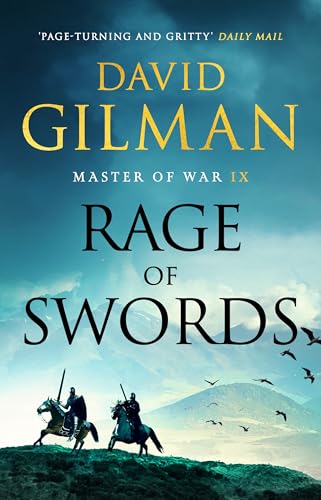Seeds of unrest
THE LAST HORSEMAN
Journal notes #2
Irish Americans saw the conflict of the Anglo-Boer War through their own eyes and very differently to those who might have seen support for the British in purely economic terms. Gold and diamonds were part of international trade and the Boers were considered too backward to be stewards of the world’s resources. The arguments and passions raged – pro-British, pro-Boer. Irish, Dutch and German Americans raised support and money for the Boers while a group of American women married to Englishmen raised forty thousand pounds to charter, equip and staff a hospital ship, the SS Maine.
More Americans volunteered to fight with the British than with the Boers.
For Irish Americans the fact that Britain was at war meant it was their duty to oppose the nation that held their kinsmen in subjugation in Ireland. Irish Americans were prepared to strike against the hated Empire and even proposed to mount a raid by Fenians into Canada which was thwarted by Theodore Roosevelt who threatened to turn out the militia and throw them into jail.
Similar emotions as those experienced by the Americans – and also those in Britain who were against the war – swept the world. The Boer War of 1899–1902 was the second conflict between the British and the South African Boer Republics of the Orange Free State and the Transvaal. These notes are not the place to recount the historical seeds of unrest that had begun two and a half centuries earlier, but when the British abolished slavery in 1834 the immigrant Dutch Calvinists – known as Voortrekkers (pioneers) – who spoke a vernacular form of Dutch known as Afrikaans, and who had settled the harsh land, undertook an exodus that became known as the Great Trek to escape from the Cape and Natal colonies ruled by the British.
The Boers were determined to deny political rights to Africans and Coloureds (people of mixed race). The first war in 1880 – which lasted all of ten weeks – ended in political defeat for the British (following three major military reversals) and a treaty was signed in 1881. From then onwards British political power and economic interest in the vast mineral wealth that South Africa held virtually predetermined another war between the Boers and the British. This imperial war was known by various names – the Anglo-Boer War, the South African War, and the War of Independence by the Boers – but whatever label history has placed on it, it was the cause of enormous suffering. The military lessons learned and tactics employed proved to be a precursor to the First World War, which followed a few years later. Artillery and trench warfare signalled the end of the great cavalry charges favoured by many of the imperial generals.


